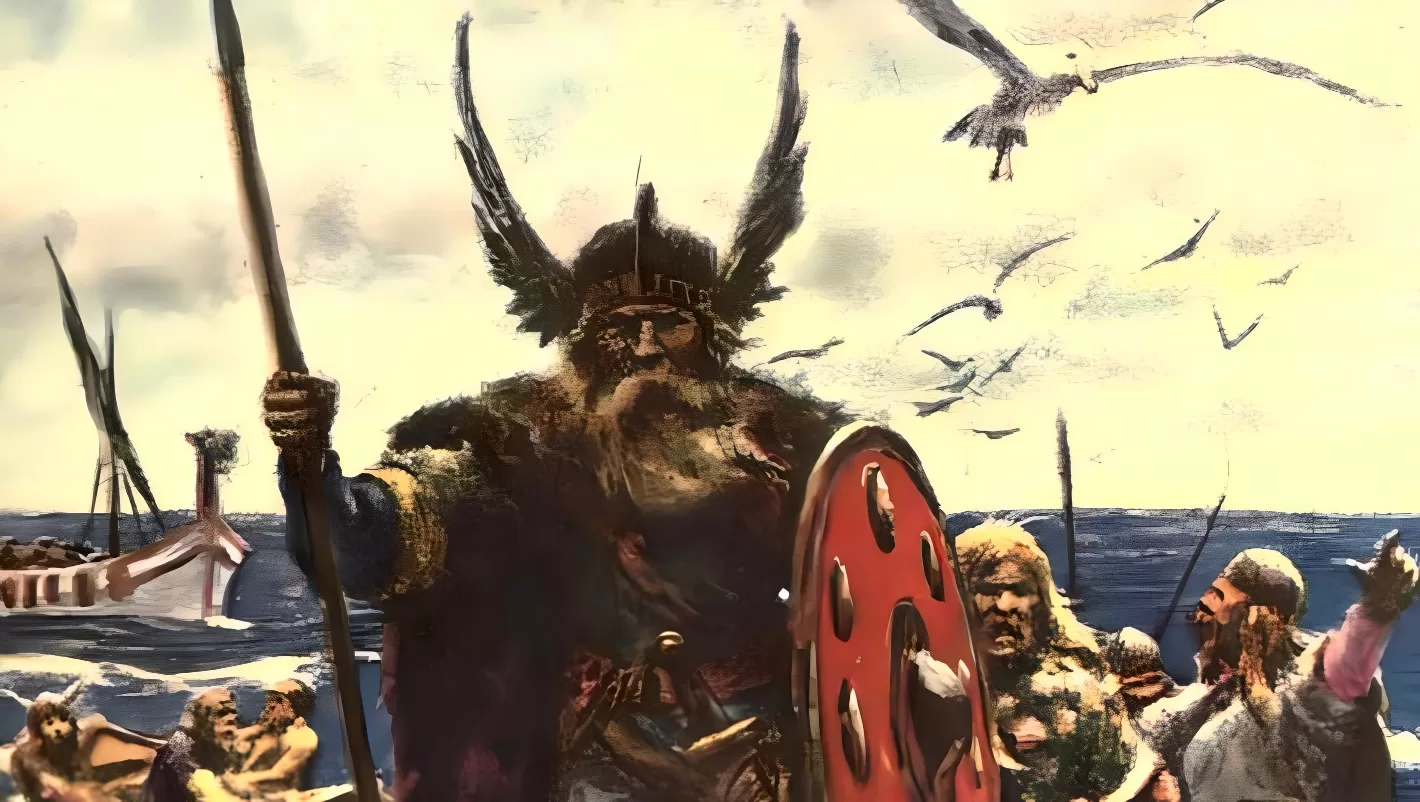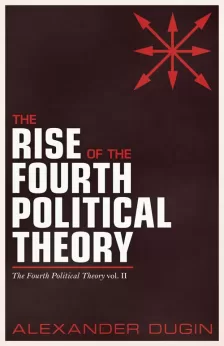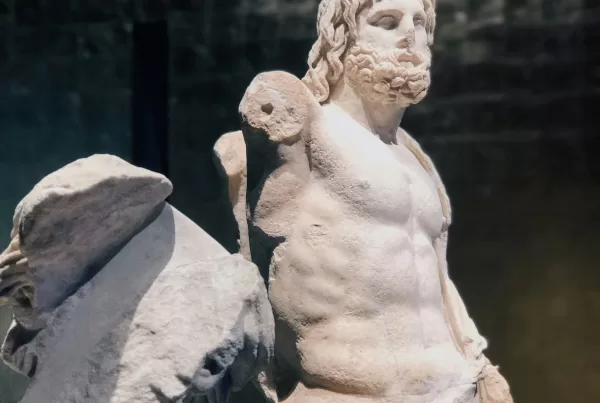Rarely do I watch television, for obvious reasons. However, at the end of a busy week, my wife and I will find a compromise between our entertainment tastes and settle down on the sofa for an hour or so together.
Recently we watched a short series called Alone, which followed a group of British individuals who were dropped off separately into the Canadian wilderness with the challenge of surviving the longest with minimal equipment. Some participants left early on, however a number of them lasted for weeks and did very well indeed.
Ultimately, the show proved our Western society has become so incredibly comfortable that living as our ancestors would have lived has become a form of brutal entertainment. Watching voluntary hardship from the safety of a warm home proved to me that the darkness of the Wolf Age is brought about, at least in part, by excessive comfort.
We live in an age where modern man is forced to plunge himself into icy water simply to get his hormones to act as they were designed. Ten thousand years ago, no one had to tell a hunter-gatherer to stave off his negative mood by standing under a waterfall somewhere north of the Arctic Circle. The reason for this is that general day-to-day life for him was naturally steeped in such things as being cold, being hungry, sprinting hard, hunting, working vigorously, physically defending his woman, children or tribe.
The stress of modern life does not equate to the stress of our ancestors, for their stress was natural and was backed by clear reason.
Interestingly, man always strives towards the comfort which ultimately becomes his undoing, hence the cyclic nature of the Wolf Age.
Between the age of the hunter-gatherer and the age of the obese couch potato is a fascinating period where European culture thrives. An age of art, music and creativity.
In the Odinic myth, the culture bringer was the whitest of gods: Heimdall. Thus he has been the target of much abuse by Hollywood. Heimdall was responsible for bringing into Midgard the various classes of man: Thrall, Karl and Jarl; roughly pertaining to serfs, farmers and lords.
And so it is that once the European folk kindred have settled into the art of survival, then time allows the cultural aspects of our nature to arise until comfort eventually overwhelms us and a dark age descends.
This is, of course, a very loosely observed phenomenon rather than a definitive depiction of the rise and fall of the West. But there are certainly lessons there which we can learn from as individuals and communities.
Despite the present economic difficulties facing the working and middle classes, we are still generally very comfortable and are able to seek short-term happiness in junk food and lots of low-brow entertainment.
This has to stop.
If we are not able to live a lifestyle where hunting and fishing for game is not a regular occurrence, and where a vigorous outdoor lifestyle is not achievable everyday, then it is of paramount importance that daily habits must change.
There are some who see weight training, cold showers and hunting as egotistic pursuits, and depending on one’s personal stage of spiritual development this can be true, but the fact is these things are essential for getting the body into good working order both aesthetically and hormonally.
Ever feel depressed? You are depressed for a reason. And by ‘depressed’ I refer to that feeling which most understand as being down in the dumps for a period of time; hours or days. This is your inner being telling you that something in your life is wrong – your eating habits, your physical regimen, your spiritual outlook or simply your lack of control over the thoughts in your head.
If your motorcycle developed an unusual knocking sound when you rode down the street, would you ignore it? No. So why would you ignore a feeling of depression? It is a clue to how (improperly) you are living your life.
Now, one could argue that upon becoming more spiritually aware, feelings of depression may descend as one sees more clearly the depths of depravity to which our folk have descended. And this is a valid argument, but to put it into a more modern context, it is a black pill view rather than a red pill view.
The truly spiritual man sees the good and the bad, but he knows only to change himself and allow the cycles of the Yuga to continue.
I believe that we do drive the cycle of continuous change via our thoughts and actions, but this empowers my argument not to develop a black pill view of the multiverse.
The Hyperborean-Europeans* have the physical, mental and spiritual capacity to drive the upward cycle of the Yugas. The gods of our ancestors are multi-layered and largely unfathomable at present, yet the wisdom of Odin, the culture of Heimdall and the strength of Thor, balanced with the polar opposite aspects of the feminine deities, are there to aid us in the fight for our ‘Faith, Folk and Family’.
We shall rise again.
*Hyperborean-Europeans: our folk came from the north. Hyperborea means ‘beyond the north wind’ and can be researched in Greek myth and the writings of Tilak in his book The Arctic Home in the Vedas available from Arktos.









